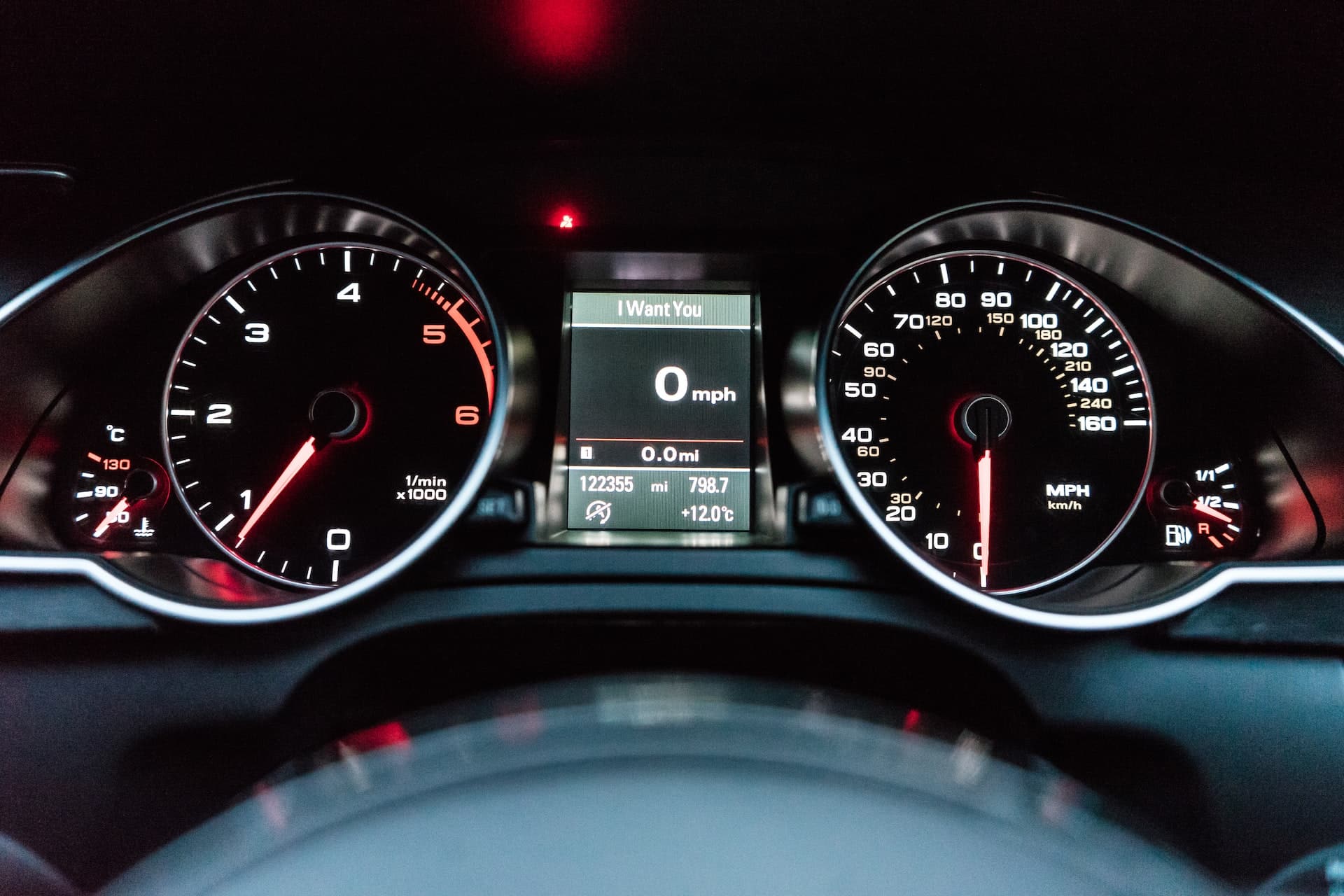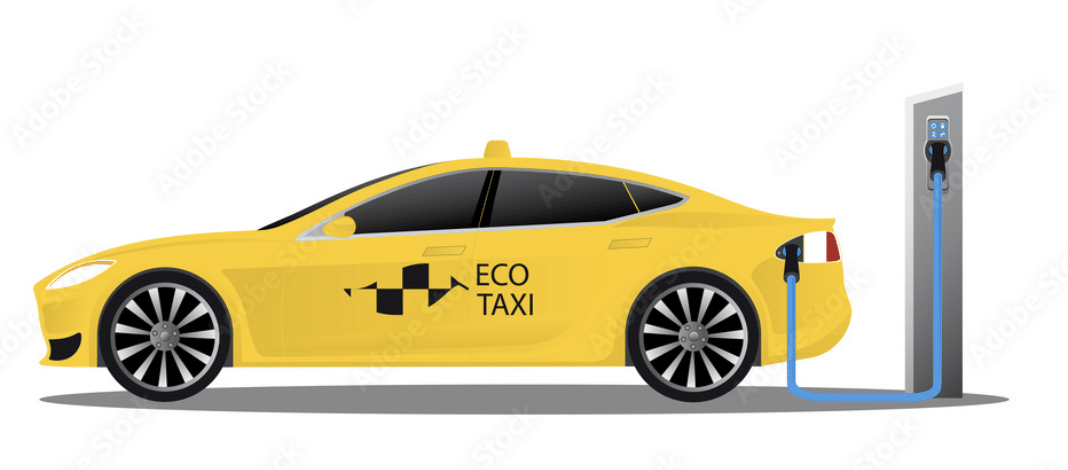There are a lot of things to think about when you are car shopping – do you choose between car mileage vs car age?
There are other issues too, as we will examine, including the cost, what you need a car for, and which features you might have to do without.
Here, the Carvine team takes a closer look at the issues around car mileage vs car age.
What to consider when buying a used car
There are two main things to consider when buying a used car: mileage and age.
Both of these factors can affect the value of the car, as well as the likelihood that it will need repairs in the future.
Mileage is a measure of how much the car has been used, and therefore how much wear and tear it has undergone.
The more miles that a car has driven, it is likely that its components will have to be replaced or repaired.
That means that, usually, cars with high mileage are worth less than those with low mileage.
Age is also an important factor to consider when buying a used car.
Just like people, cars get old and start to show signs of wear and tear.
Older cars are prone to having more repairs and may not meet the standards of new cars.
Also, the value of a car decreases as it gets older.
So, which is more important: mileage or age?
The answer is that they both matter.
Both mileage and age can affect the value of a car – mileage should reflect the car’s age so it will be easy to see many more miles than usual it has been driven.
And that means it will appeal less to buyers and will be valued at a lower price.
But there are high mileage bargains to be had – but you will need to shop around.
Why high mileage cars may not all be bad
When choosing to buy a used car, many purchasers will believe that the lower the mileage, the better the car will be.
And while it is undeniably true that a car’s moving parts wear down faster as it is driven further, mileage isn’t a reliable measure of quality.
Cars are supposed to be driven, and while it is in operation, its numerous parts will lubricate themselves.
In fact, a vehicle that is routinely driven will probably be in better shape than one that is left parked up for extended periods.
That’s because long phases of inactivity cause a vehicle’s components, including the engine, to degrade more quickly.
This means that a car that has a high mileage should be seriously considered.
While a car that has a lower mileage is frequently better, there is another factor to consider: what the car was used for.
A driver racking up lots of motorway miles may have a vehicle with high mileage but few mechanical issues, apart from wear and tear.
For example, a car that has high mileage and a diesel engine will be in much better shape than a car with a petrol engine and a high mileage.
Car mileage: The pros and cons
There are a few things to consider when it comes to a car’s mileage. On the plus side:
- Lower mileage usually means that the car has been driven less and is therefore in better condition
- Lower mileage cars may be more fuel efficient.
On the downside for a car’s mileage:
- Lower mileage cars can also be more expensive to buy
Depending on what the previous owner used it for, the car may have experienced more wear and tear than a car with higher mileage that was driven around town.
Why you should consider a car’s age
The age of a car needs to be carefully considered, just like the mileage does.
And while most drivers would prefer a used vehicle that is relatively new, has fewer miles, and is ready for long-lasting service, you can frequently discover some excellent offers on older cars that can make them very attractive. Here are a few things to think about when it comes to car age:
- Age is the prime factor for calculating depreciation – that’s why older cars are cheaper
- Newer cars tend to have more technology, be fuel efficient with low CO2 emissions and have the latest safety kit
- Older cars, when driven frequently will rack up high mileages
- A car’s everyday wear and tear will make an impact
- Car parts can degrade – even when they aren’t being driven
- Older cars will need more repairs
However, an older car that has been maintained properly and regularly serviced – and has a good MoT history – may well be reliable.
Add in the car’s lower cost and you will find a car bargain to be proud of!
Car Age: The pros and cons
Like a car’s mileage, there are a few things to consider when it comes to a car’s age. The advantages include:
- It may be more affordable
- If you want a classic car, you’ll need to purchase an older vehicle.
However, there are also a few disadvantages to consider, including:
- Older cars may have more wear and tear
- They may require more maintenance
- They may lack features that are available in newer models.
What do you need the car for?
If you’re looking for a car that you can keep for many years, then it’s important to focus on the vehicle’s mileage rather than its age.
That’s because a car with lower mileage is more likely to last longer and require less maintenance than a car with higher mileage.
Additionally, if you plan on selling the car in the future, it will retain its value better if it has lower mileage.
On the other hand, if you’re not planning on keeping the car for a long time, then age may not be as important.
For example, if you’re wanting a car to get you from A to B, then an older vehicle with higher mileage may be just fine.
Are you looking for a new or used car?
If you’re looking for a new car, then the mileage is going to be more important than its age.
This is because a new car will probably have very low mileage and will be under warranty.
Also, a new car will probably have all of the latest features and safety equipment.
However, if you want a used car, then age may be more important than mileage.
This is because a used car may have been driven more carefully and may not have as many miles on the clock.
Also, and this is going to be an important issue for most drivers, a used car is probably going to be more affordable than a new car.
Your driving habits when choosing a car are important
If you’re a high mileage driver, then it’s important to focus on the car’s mileage rather than its age.
This is because a car with low mileage is likely to be more reliable and require less maintenance than a car that has a high mileage.
But if you don’t drive a lot of miles, then age may not be as important.
For example, if you only use the car for short trips around town, then an older car with lower mileage may suit you.
Or even an older vehicle with a high mileage must be considered.
Your annual mileage and how you drive will be important since most people who buy a ‘run around’ will be looking at racking up a few miles as they drive short distances from their homes.
The trade-off: You might have to sacrifice some features
If you’re focusing on the car’s mileage rather than its age, you might have to sacrifice some features. For example, an older car with a high mileage is likely to be:
- Less fuel-efficient than a newer car
- It may not have some of the latest safety features and equipment.
However, if you’re simply looking for a reliable and affordable vehicle, then having a low mileage car may be more important than its age.
Car mileage vs car age: Make a decision based on your needs
There is no right or wrong answer when it comes to deciding whether to focus on a car’s mileage or age.
It ultimately depends on your needs and preferences.
If you’re looking for a long-term investment, then it’s important to focus on the car’s mileage – buying a low mileage car means you will be able to sell it easily.
However, if you simply want a reliable and affordable vehicle, then age may not be as important.
Again, an old car with a low mileage may suit since the engine and major components should last you.
Ultimately, when thinking about car mileage vs car age, the decision will come down to what you need and want in a car.





